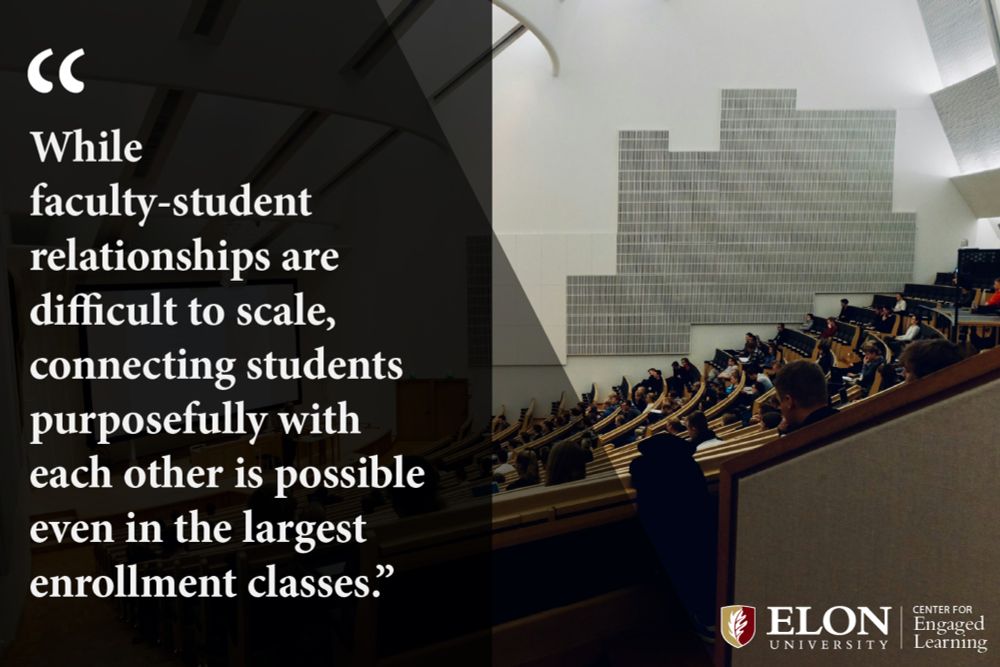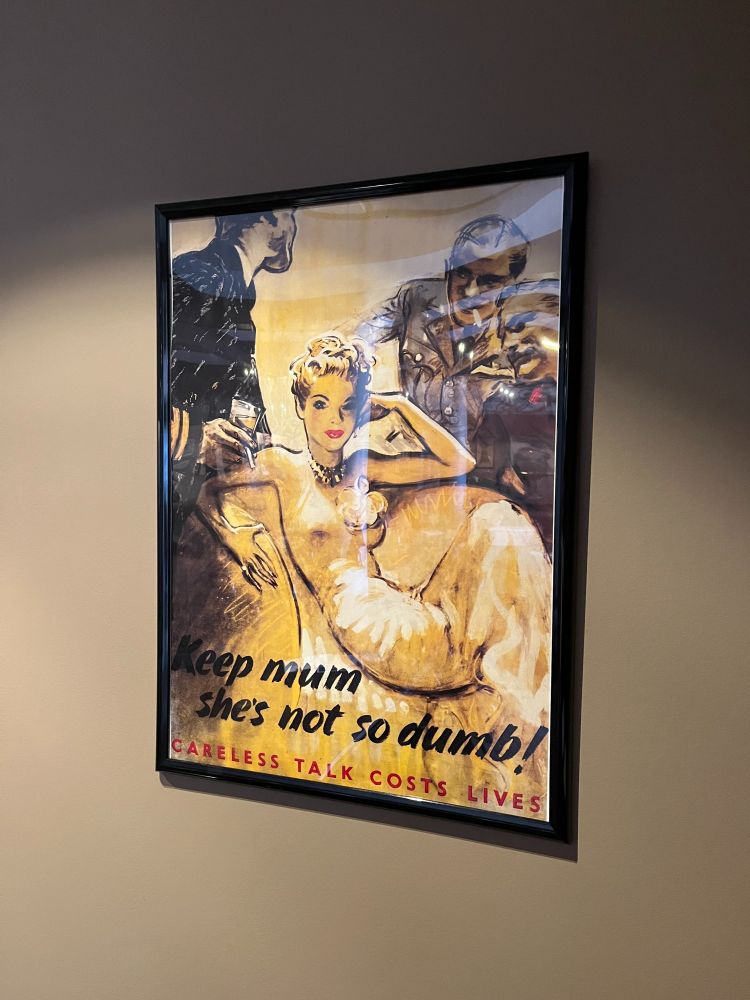
Center for Engaged Learning at Elon U. Fascinated by students, faculty, learning, relationships, well-being, and change in higher education.
Reposted by Peter Felten

Reposted by Peter Felten

jessamynneuhaus.com/books
Reposted by Peter Felten

@sarahcrook.bsky.social
🔓 → doi.org/10.1080/0729...
#Universities #Loneliness #UniversityStudents #StudentLoneliness #StudentMentalHealth #HigherEd
Reposted by Peter Felten
👉 'Teaching as Intentional Process & Critical Practice: A Syllabus Workshop' by Michael Reder.
21/12/2025
5-7 pm Cairo/ 3-5 pm UTC/10 am-12 pm ET.
Register:
us06web.zoom.us/meeting/regi...
Reposted by Peter Felten
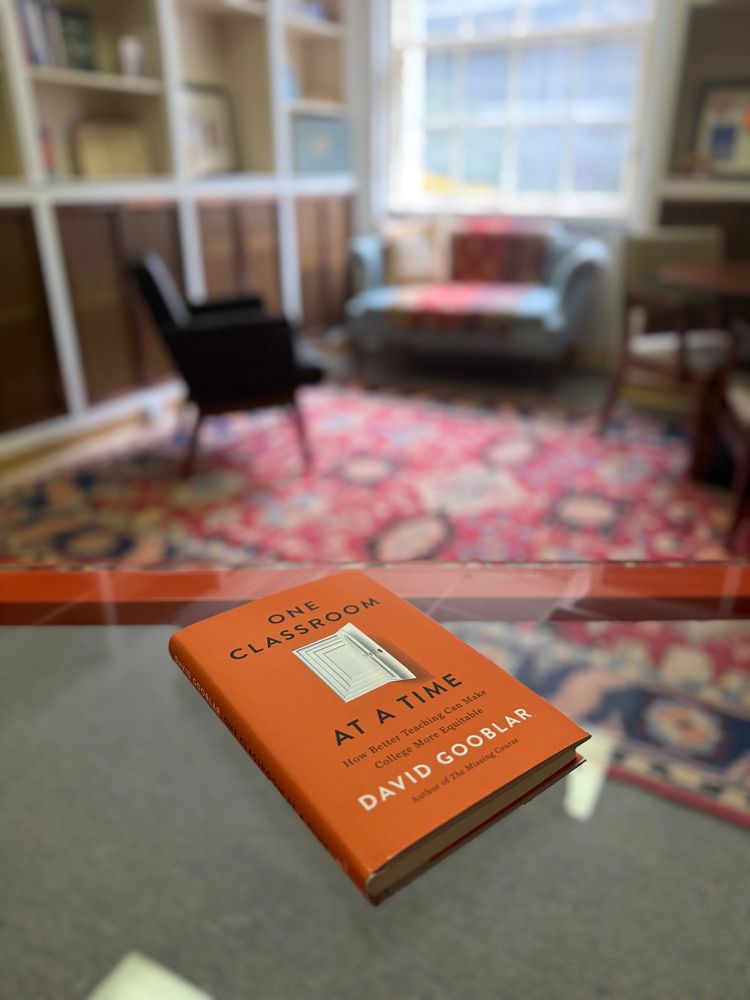
Reposted by Kris Inwood, Peter Felten, Noel D. Johnson
Reposted by Peter Felten
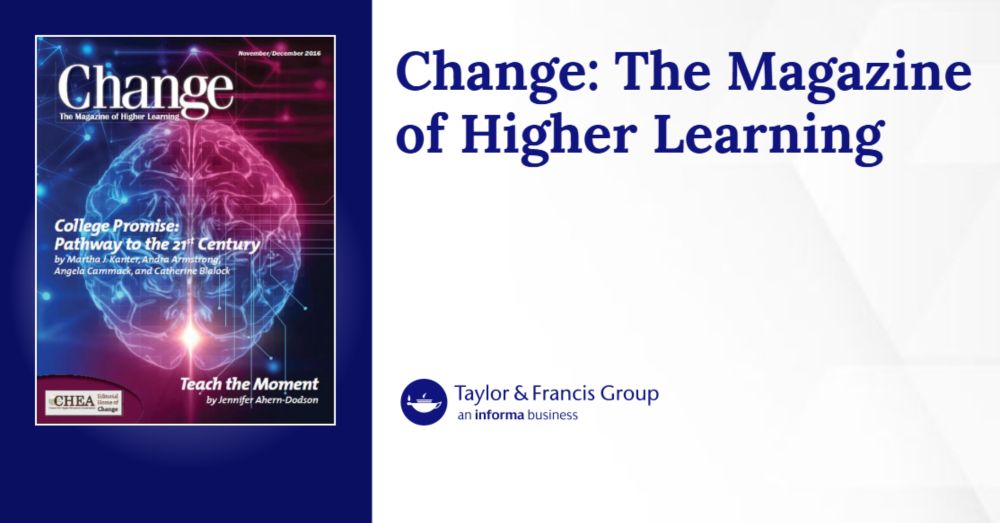
Reposted by Jan Geert Hiddink, Peter Felten

www.nytimes.com/2025/05/14/t...
Reposted by Peter Felten

Reposted by Peter Felten
Reposted by Peter Felten

#AcademicSky
www.timeshighereducation.com/campus/not-a...
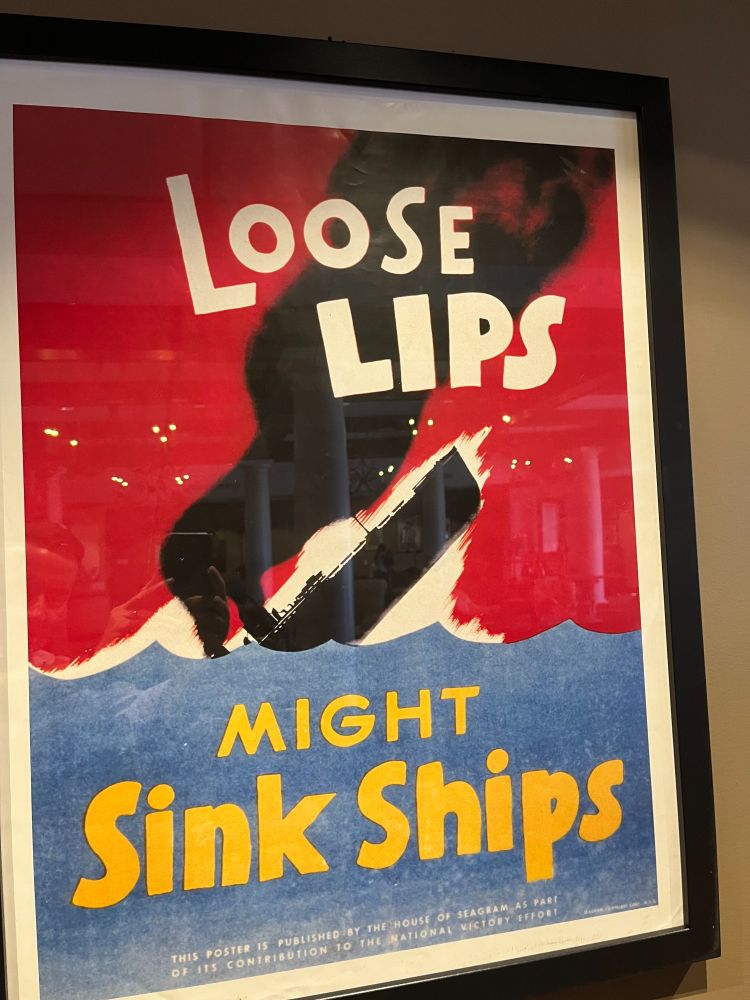
Reposted by Peter Felten
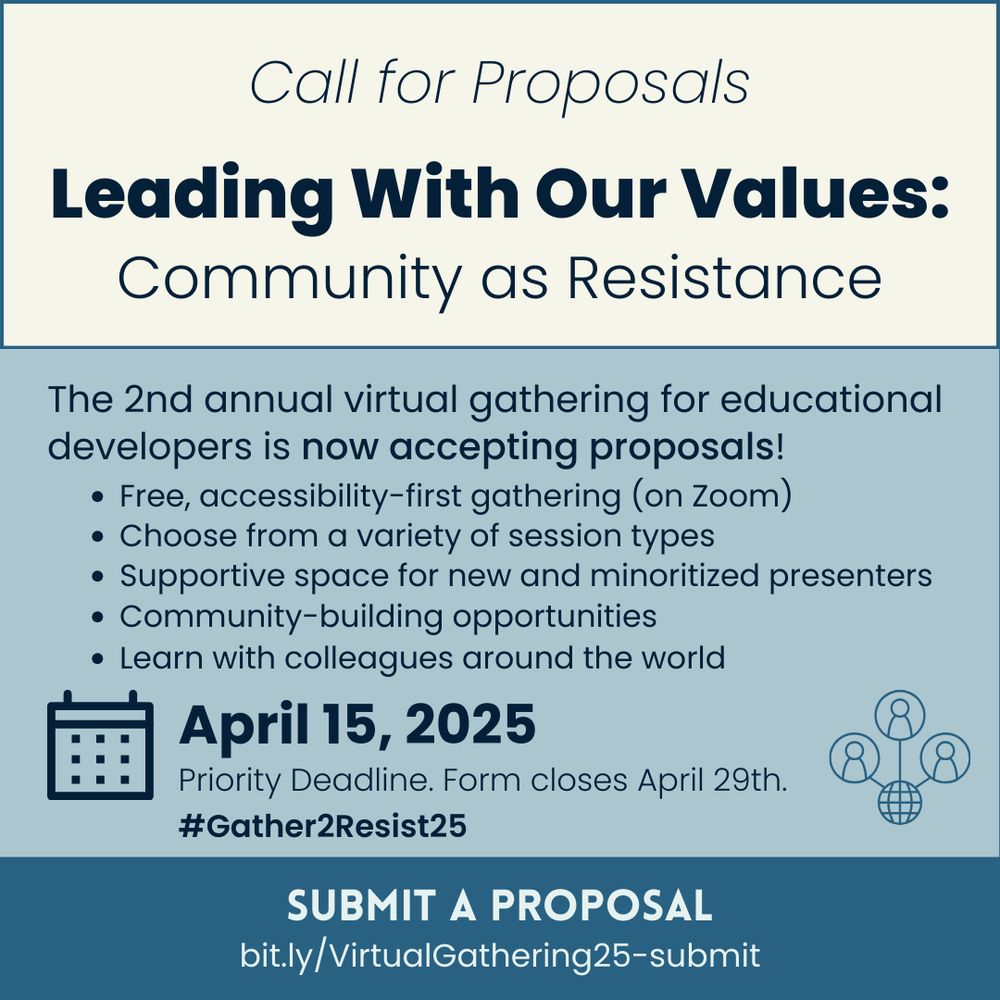
bit.ly/VirtualGathe...
Reposted by Peter Felten
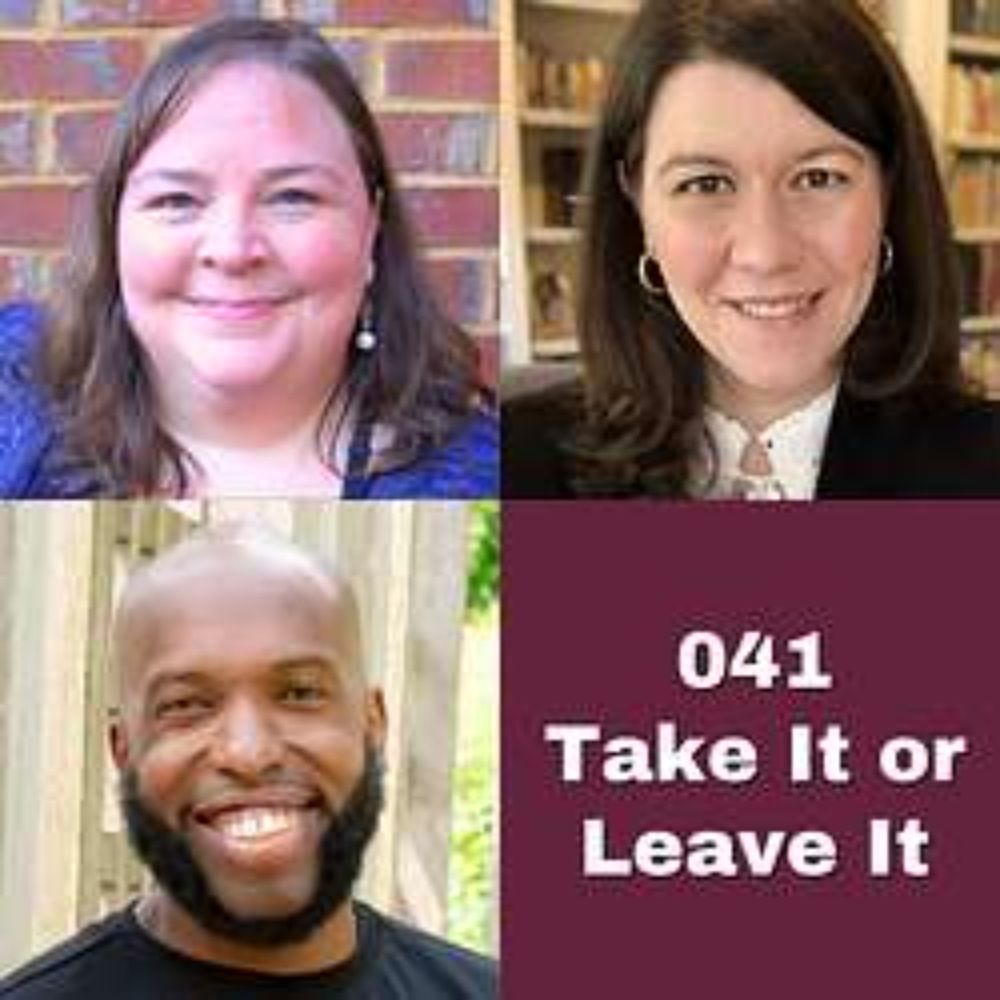
Reposted by Peter Felten
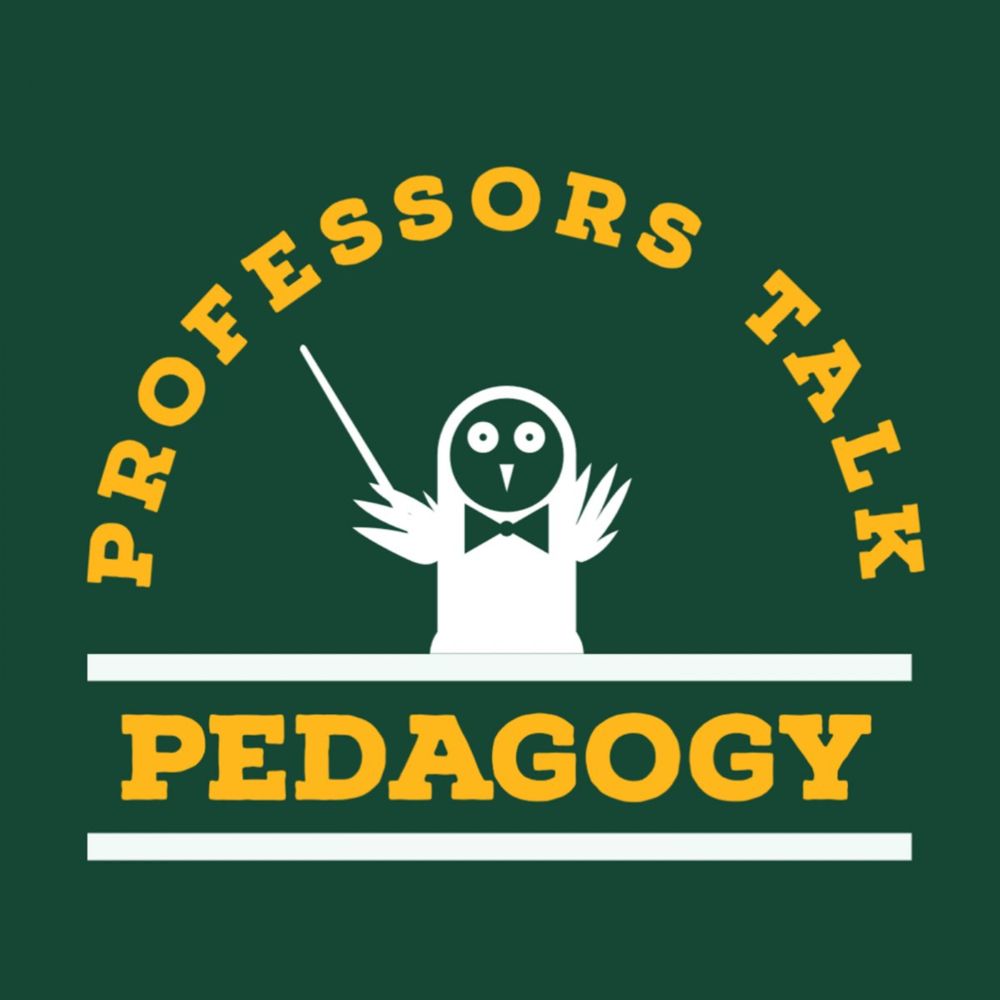
Reposted by Peter Felten
Reposted by Peter Felten
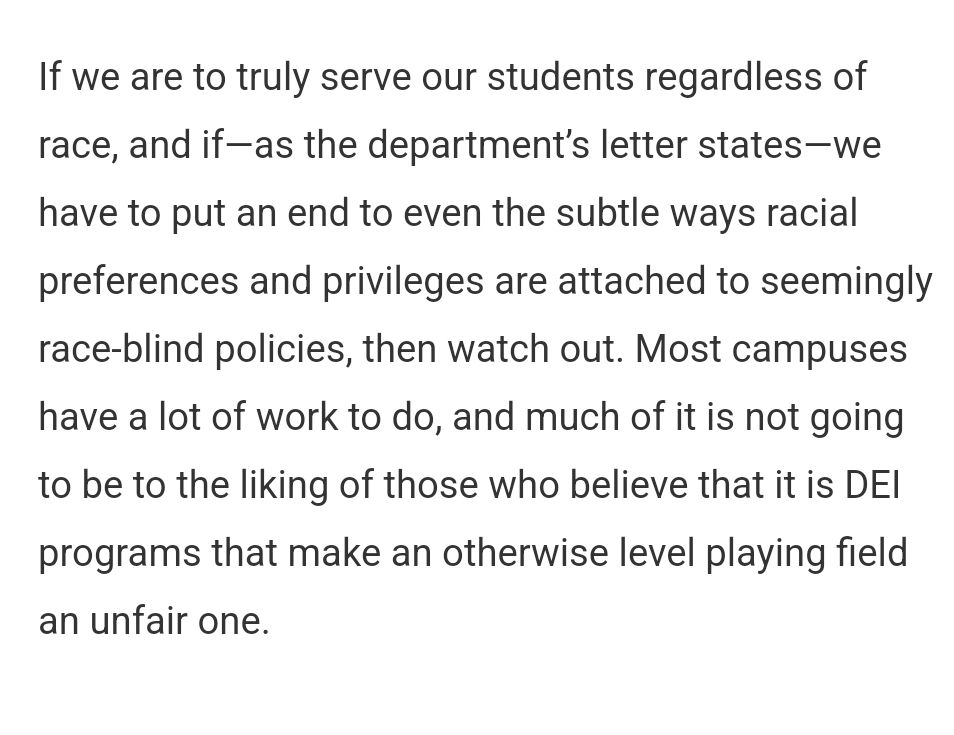
Reposted by David Carless, Peter Felten
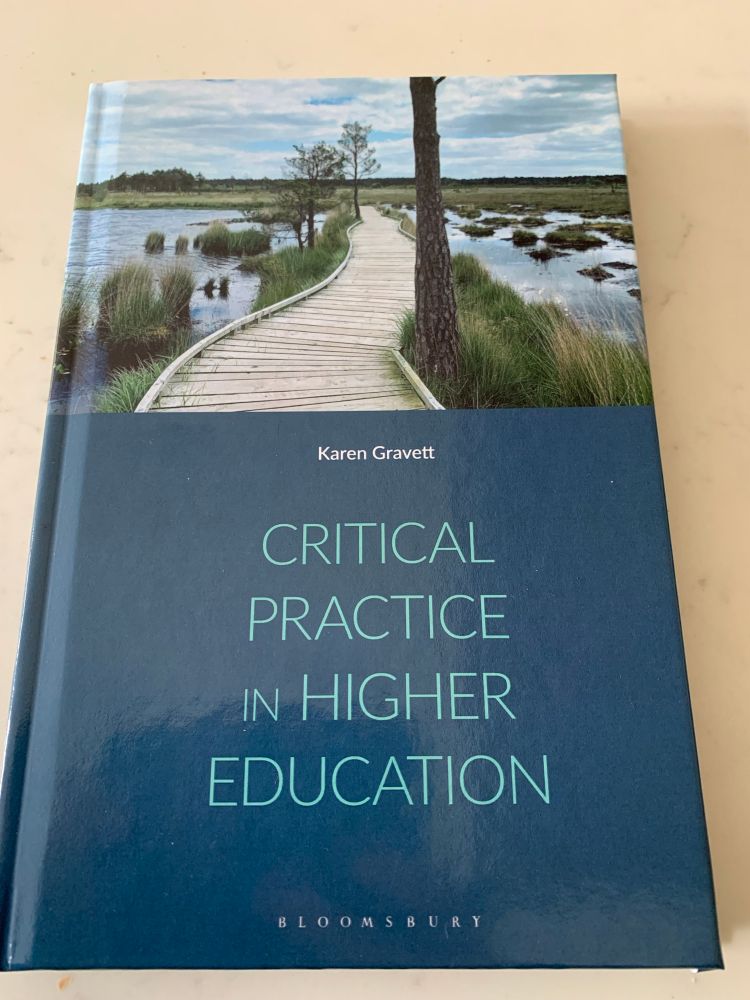
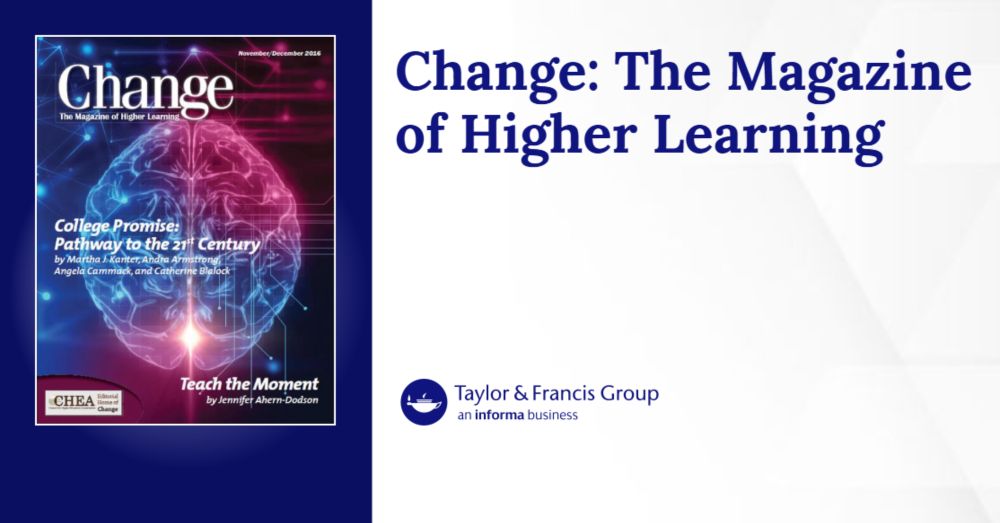
Reposted by Peter Felten
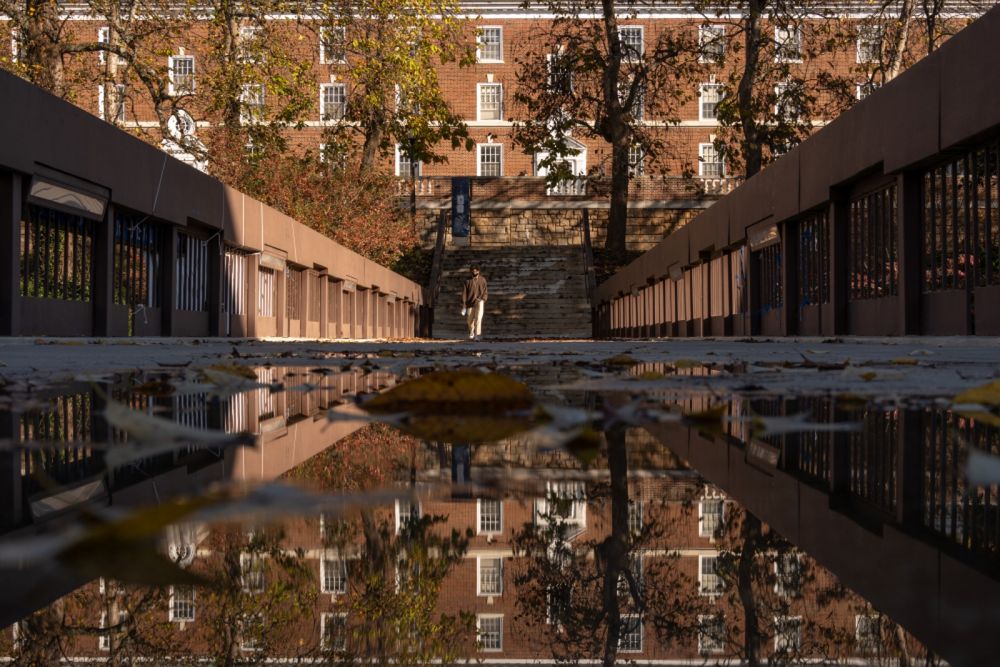
👉 'Teaching as Intentional Process & Critical Practice: A Syllabus Workshop' by Michael Reder.
21/12/2025
5-7 pm Cairo/ 3-5 pm UTC/10 am-12 pm ET.
Register:
us06web.zoom.us/meeting/regi...
Reposted by Peter Felten
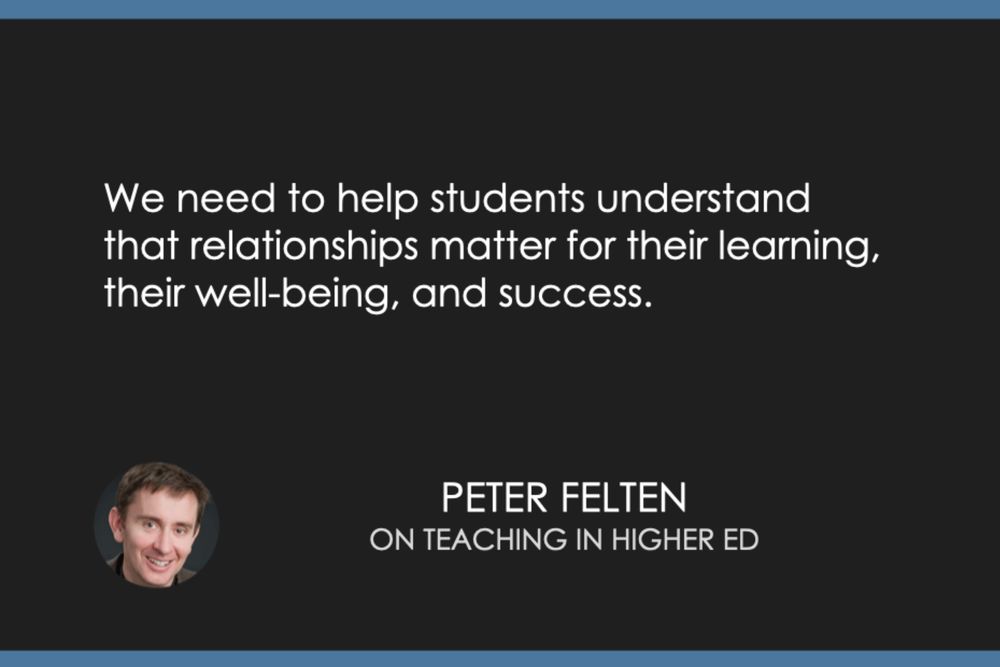
Reposted by Peter Felten
if you know of a book/paper on belonging that would enrich this collection, let me know :)
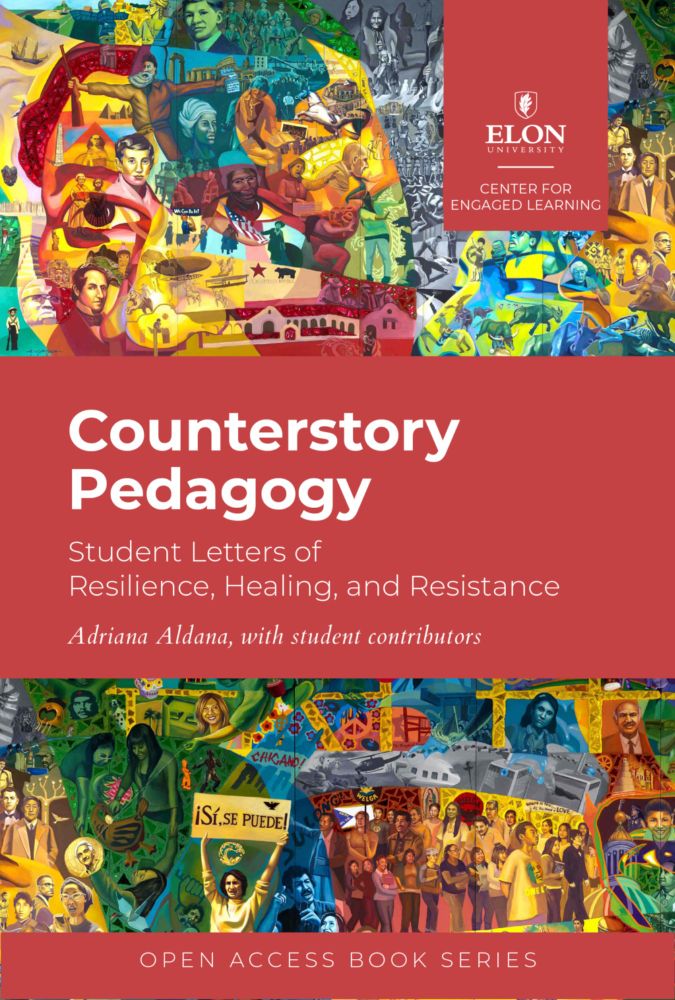
Reposted by Henk Huijser, Sally Kift
🌏 #OxfordBrookes Internat T&L Conf 2025
#AcademicAdvising: Nurturing the will to learn🫶
🗓️18-19 June 25
👏AND
19 June #Online #Open2All
Call for subs:
🎯 By 31/06/25
💻 tinyurl.com/3pt7w3yv
@profsallybrown.bsky.social
@herdjournal.bsky.social

Reposted by Henk Huijser, Peter Felten

🌏 #OxfordBrookes Internat T&L Conf 2025
#AcademicAdvising: Nurturing the will to learn🫶
🗓️18-19 June 25
👏AND
19 June #Online #Open2All
Call for subs:
🎯 By 31/06/25
💻 tinyurl.com/3pt7w3yv
@profsallybrown.bsky.social
@herdjournal.bsky.social
